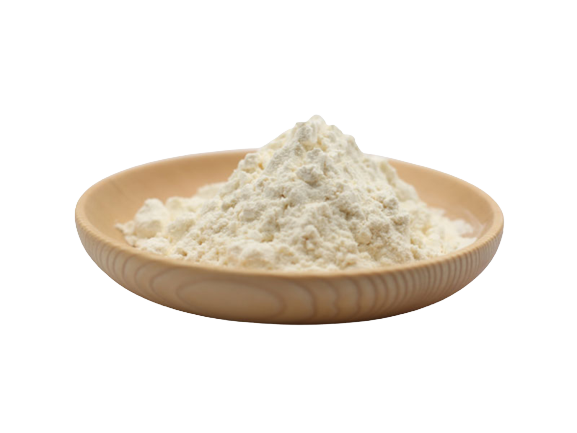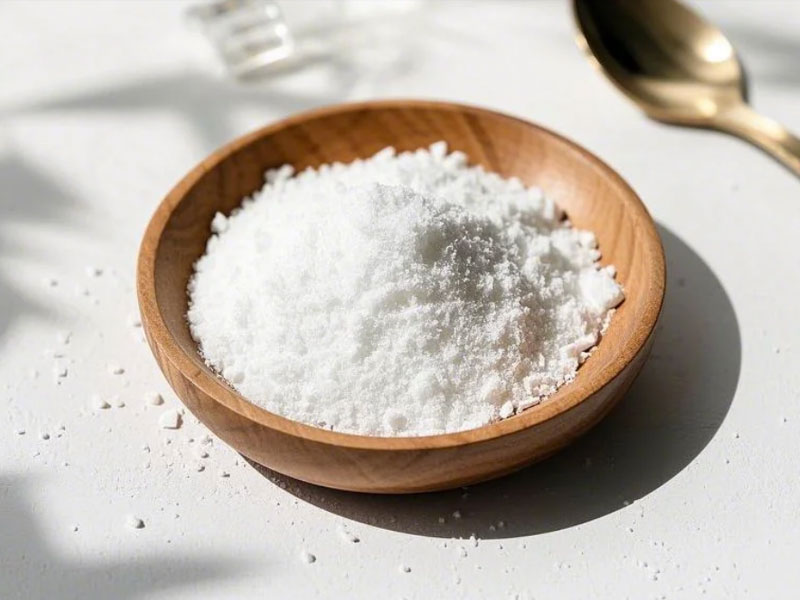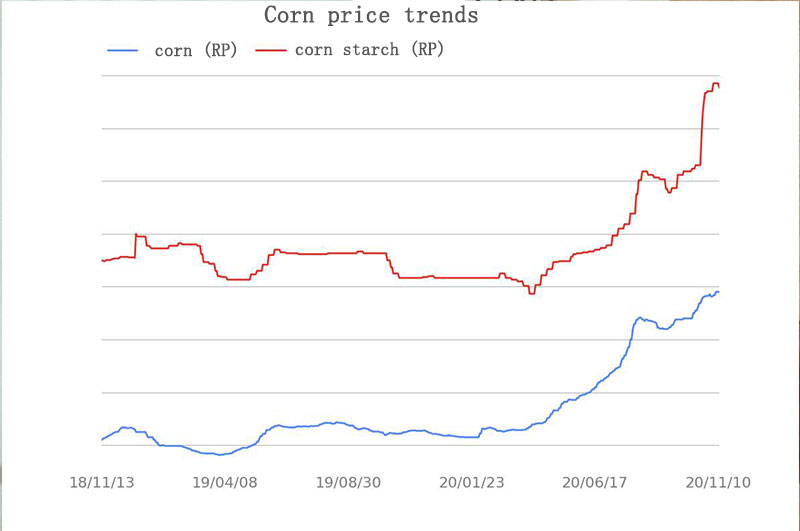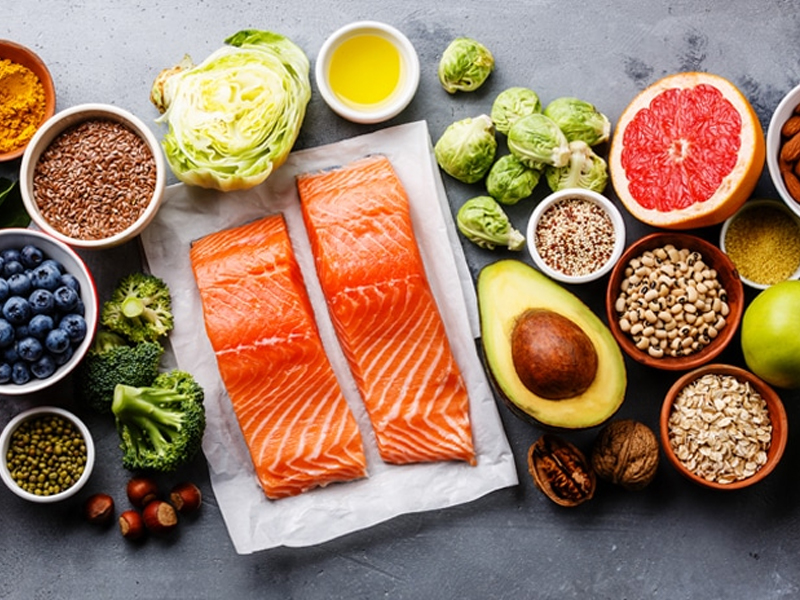Navigating the world of sugar substitutes can be confusing. You’ve probably heard of stevia and monk fruit, but a new star is rising in the world of healthy sweeteners: organic allulose. So, what exactly is it, and how does it stack up against its more famous counterparts? Let’s break it down.
The Sweet Triumvirate: Allulose, Stevia, and Monk Fruit
All three are popular choices for people looking to reduce their sugar intake, but they each have unique characteristics.
- Stevia: Derived from the Stevia rebaudiana plant, stevia is a zero-calorie sweetener that is incredibly potent—often 200 to 300 times sweeter than sugar. Its major drawback for many is the distinct, sometimes bitter, aftertaste, especially at higher concentrations. This can make it tricky to use in baking, as it doesn’t behave like sugar and can affect the final flavor profile.
- Monk Fruit: Extracted from the monk fruit, or luo han guo, this sweetener is also zero-calorie and significantly sweeter than sugar. It has a cleaner taste than stevia but can still have a slight aftertaste. Like stevia, it doesn’t mimic sugar’s physical properties, meaning it won’t caramelize or brown, which limits its use in many traditional recipes.
- Organic Allulose: This is where allulose shines. It’s a “rare sugar” found in small amounts in natural foods like figs and raisins. What sets it apart is its remarkable resemblance to regular table sugar. It has a clean, smooth taste with absolutely no aftertaste. Because it is chemically similar to sugar, it bakes and browns just like the real thing, creating soft, moist baked goods and beautifully caramelized sauces.
Allulose vs. The Rest: The Key Differences
| Feature | Organic Allulose | Stevia | Monk Fruit |
|---|---|---|---|
| Taste & Aftertaste | Clean, identical to sugar; no aftertaste | Potent; often has a bitter aftertaste | Very sweet; can have a slight aftertaste |
| Baking Performance | Bakes and browns like sugar; adds volume and texture | Does not brown; can affect texture and flavor | Does not brown; can affect texture and flavor |
| Impact on Body | Zero net carbs; does not raise blood sugar or insulin | Zero net carbs; does not raise blood sugar or insulin | Zero net carbs; does not raise blood sugar or insulin |
| Source | Found in figs, raisins, etc.; often non-GMO | Stevia rebaudiana plant | Monk fruit |
Why Choose Organic Allulose?
While stevia and monk fruit are excellent zero-calorie options, organic allulose is a true game-changer, especially if you’re a baker or simply crave the authentic taste of sugar without the consequences. It offers the perfect blend of flavor, function, and health benefits.
By choosing organic, you’re also ensuring a purer product made from non-GMO sources and processed without harsh chemicals. It’s the closest you’ll get to sugar’s taste and feel, but with a guilt-free profile that supports a healthy, low-carb lifestyle. If you’ve been searching for a sweetener that truly delivers, your search ends here.
Related Products
Organic Monk Fruit Extract Powder
Zero-Calorie Natural Sweetener for Clean-Label Food, Beverage & Supplement Applications
Organic Allulose Sweetener
Zero-Calorie, Natural Sweetener for Clean-Label Food, Beverage & Keto Formulations



